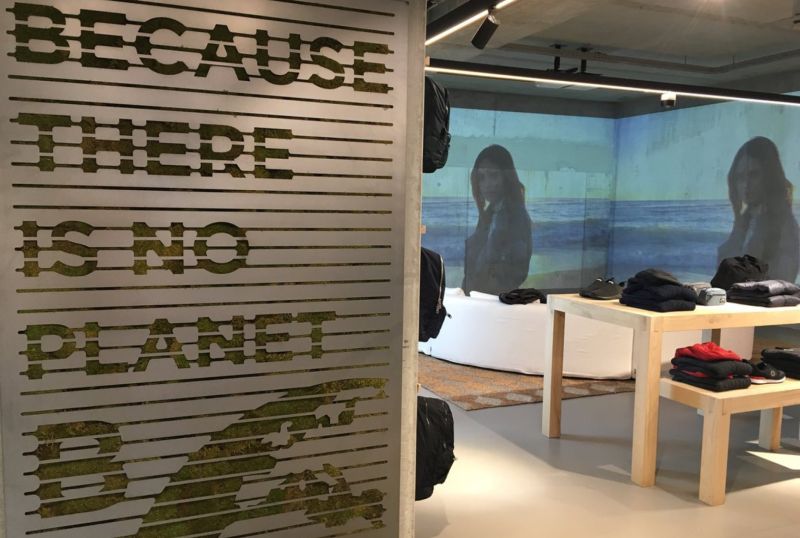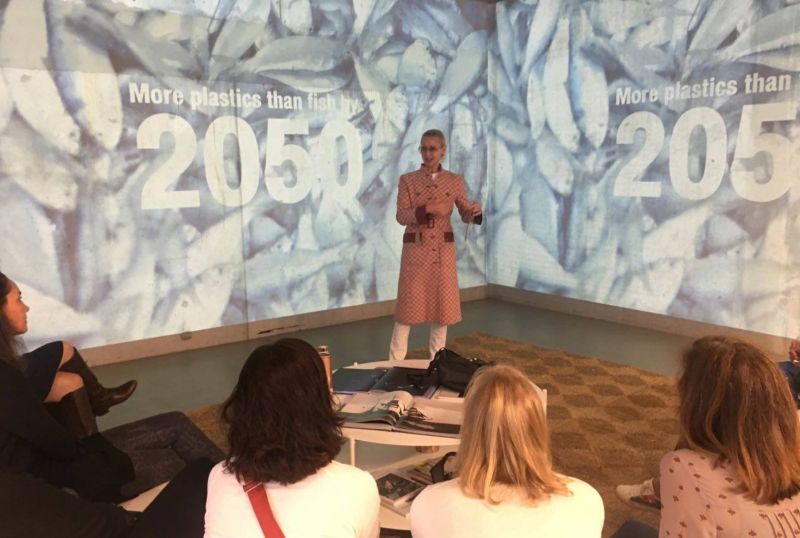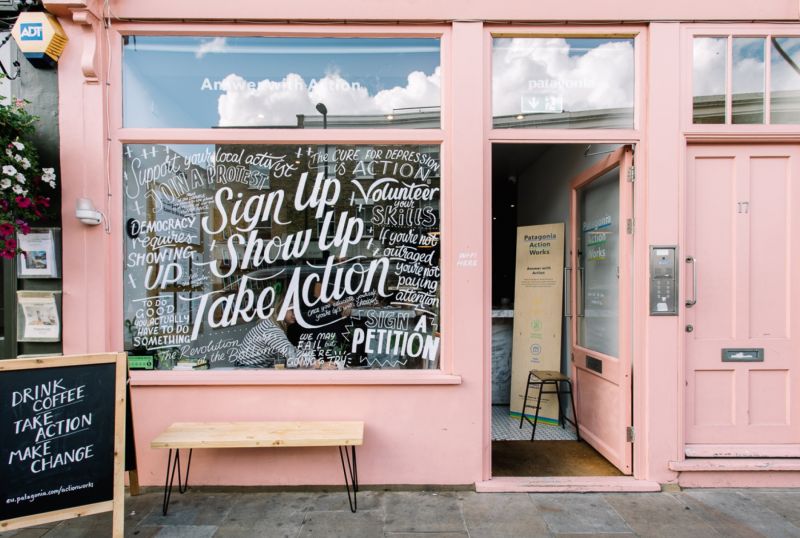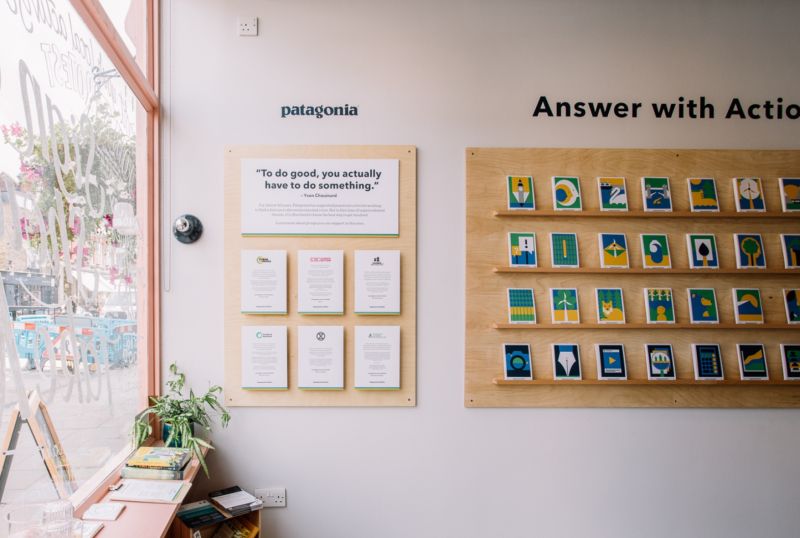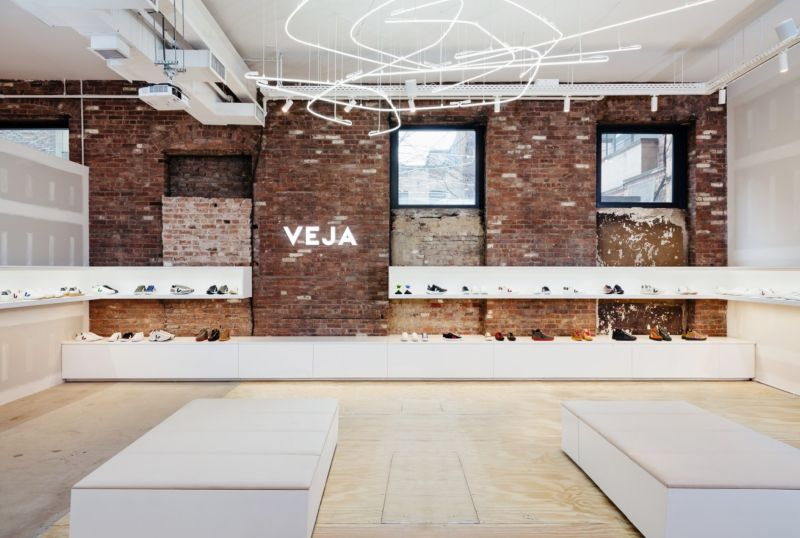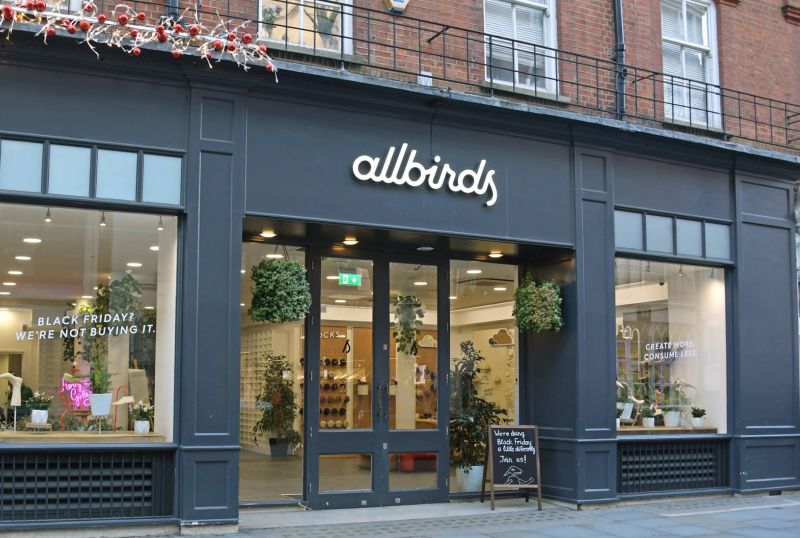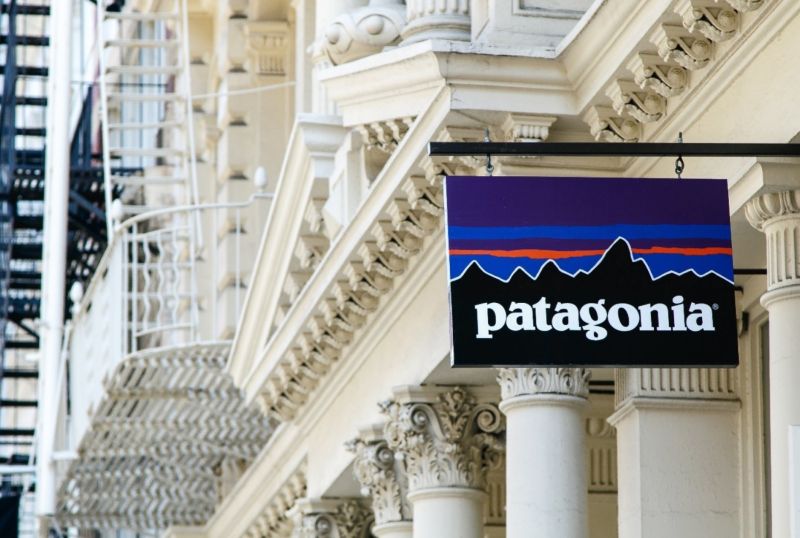Being virtuous is a key characteristic of the most successful brands.
Priorities of the modern consumer have shifted to make kindness and empathy the key to sustained market growth and consumer trust and loyalty. The Millennial generation is the largest in history and has unprecedented buying power. This younger consumer group has a different set of values than the generations before them; they want a job that they are passionate about and they view their consumer choices as a mechanism to support movements and make change. Their concept of identity is intertwined with consumerism, where buying products and supporting brands is a form of self-affirmation.
Today, consumers have a more positive view of a company, when that company supports a social cause. As brands try to capture the attention of consumers, there has been a shift from brands seeking engagement, to having to earn public approval. Making quality products or supplying quality services is no longer enough, brands need to benefit society. Successful brands of the future must be virtuous. And the most successful retail brands will have virtuous store experiences.
What do we mean by virtuous?
Virtuous is conforming to moral and ethical principles. A virtuous brand drives towards a high standard of moral excellence. Being virtuous comes from a place of sincerity. Doing something to appease public opinion or seek profits is not virtuous. This is a thin line that many brands cross.
Virtuous brands do good things because it is an extension of their brand DNA. There is no playbook for what is considered virtuous. Acts of virtue that follow a script are contrived and inauthentic. Truly virtuous brands act because they feel it is the right thing to do, irrespective of judgements or profits. They are virtuous because what they are doing is true to their brand ethos. They act irrespective of their competition, often being trailblazers that others eventually follow in time.
Why do we need virtuous brands?
We need brands to be virtuous because brands have power and wield influence. Modern society looks to brands for moral and ethical leadership. Today, brands are replacing politics and religion as moral pillars that we trust and seek guidance from.
Global brands can wield their power to make large scale change. Brands can improve working conditions and workers’ rights. They can change employment and pay inequalities. They can choose to be sustainable. Society used to turn to governments, interest groups and activists to make positive changes, but now consumers have a direct relationship with brands. As consumerism has become a key pillar of society, it’s no surprise that we turn to big businesses to effect change like we do. Brands have the ability to take a stance, but they also tell stories and engage us in the process. Brands don’t have to please everyone, they can take sides and choose who they want to please.
British supermarket chain Morrisons started an initiative to provide a shopping environment for neurodivergent customers that has since been followed by other retailers such as B&Q, Tesco, Lidl and Asda. Once a week Morrisons ‘Quieter Hour’ provides an altered store experience that is more comfortable for autistic shoppers. Environmental stimulants that would otherwise be off-putting for autistic customers are removed; lights are dimmed, check-out sounds are turned off and store speaker announcements do not take place, providing an altered store experience that is more considerate of this consumer group. This was an initiative that Morrisons had no legal obligation to make, yet they chose to make a positive contribution to people disadvantaged in their community.
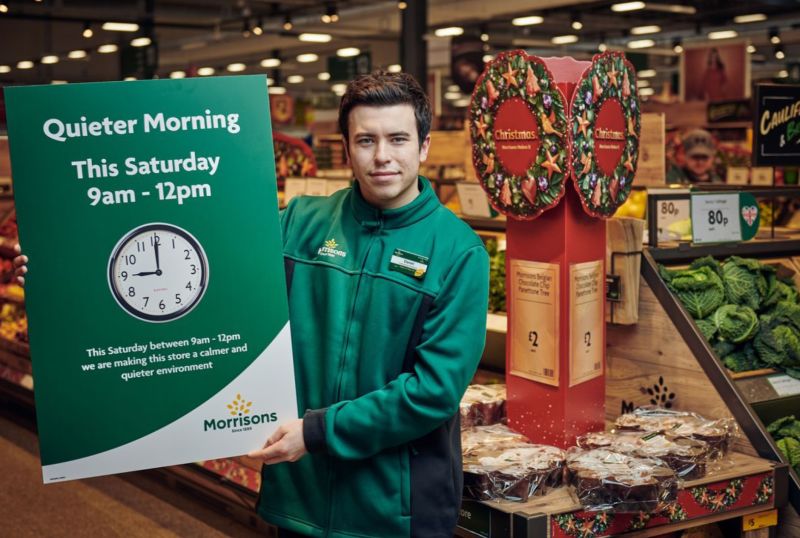
Virtuous brands inspire people
Virtuous brands show ambition; they have an admirable desire for achievement that inspires people over a long period of time. They lead from the front and motivate consumers to actively contribute to causes beyond themselves. We need virtuous brands to bring social issues to the forefront of people’s minds by using their stores (and other brand touch points) to highlight agendas and educate consumers. It’s not always the case that brands are fighting for causes that are on the current news agenda or that their customers deem important. It can be that brands bring issues to the awareness of consumers. Such is their power and importance in society. Customers visiting a Toms’ shoe store will become aware of the social needs of poverty stricken societies, and customers visiting an Ecoalf store can become educated about ocean pollution.
Virtuous brands help individuals be themselves
They allow customers to actualise their own self-concepts by aligning themselves with the brand. A person who defines themselves as someone who believes in a sustainable way of life and deeply cares about environmental issues will reaffirm their own self-concept by purchasing a coat from Patagonia. The brand has set up a 'Repair Center' with 42 full-time repair technicians, which helps keep over 50,000 well-loved items out of landfill each year, in addition to the DIY kits they supply to consumers allowing them to make small repairs at home. Another initiative is their Worn Wear collection of recycled Patagonia clothing, that they sell in-store and online.
Brands that have meaning attached to them, that people align themselves to, often provide people with a sense of fulfilment. This is the power of brands in the modern age. Consumer products have always provided a sense of fulfilment on different scales, but today brands also have the ability to provide consumers with moral fulfilment. They have the ability to fulfil what Maslow, in his hierarchy of needs, referred to as ‘self-actualising’ goals.
Virtuous brands establish a connection with the community
They are a part of something larger than themselves and act in a selfless way. Virtue is socially beneficial by nature. What’s good for the community is good for the individual, and equally what is good for the individual is often good for the greater society. This is what makes the public lend their trust to virtuous brands. They follow them and believe in them.
Starbucks Community Stores aim to open in underprivileged neighbourhoods to play a positive role in the community. The stores support local economic development and provide employment and training for local youth, they hire local contractors, and provide unique in-store training events and programmes. With 150 Community Stores opening since 2015, Starbucks is committed to opening a total of 1,000 ‘community stores’ by 2030.
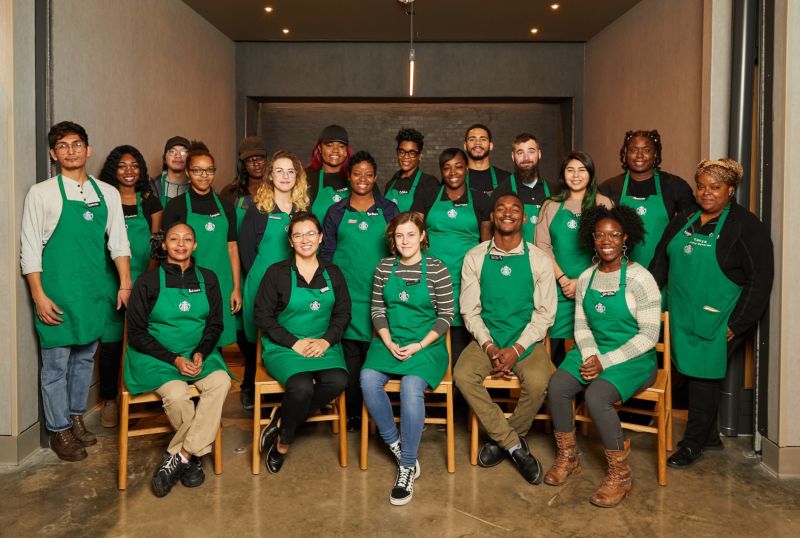
Virtuous brands take a stand, despite the risk
Being virtuous allows a brand to stay present and evolve with society throughout time. Virtuous brands evolve with public movements and remain contemporary. Society always strives to become ‘good’ and to create a more prosperous world. Human beings are constantly developing a collective sense of morals and ethics to hold each other accountable. A single act that is good or ethical is contemporary, often frozen in time, but the desire to be good is something that evolves through time as society does.
Nike has a history of supporting social issues ahead of other brands. Their support of American civil rights activist, Colin Kaepernick was consistent with the brand DNA rather than a reactive moment. In 1988 the ‘Just Do It’ campaign fought against ageism. In 1995 the ‘If you let me play’ ad supported gender equality in sport, the same year their ‘Just Do It’ ad featured openly HIV-positive runner Ric Munoz. In 2007 they featured a disabled athlete Matt Scott in a ‘No excuses’ ad campaign to support disabled sport. In 2017 they celebrated Arab women in sport with their ‘What will they say about you’ campaign, and in the last couple of years we have seen ‘plus size’ female mannequins and mannequins with prosthetic limbs included in their stores. 2021 saw Nike setting ambitious and purposeful targets for 2025 against their focus areas of People, Planet and Play. And for the first time, that accountability now includes linking executive compensation to their purpose goals.
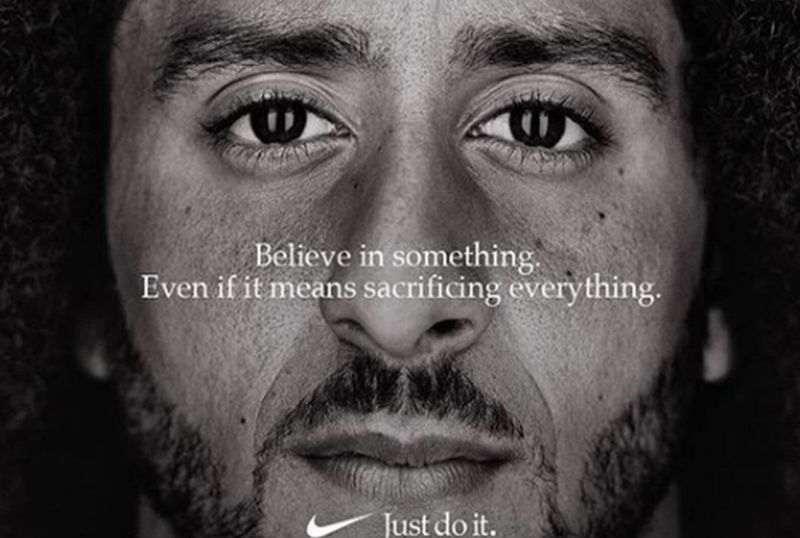
Virtuous brands take accountability
This often means engaging with consumers and taking ownership, admitting faults and striving to improve. This is an inevitable part of growth and evolution. Accountability is important for a society that fears losing power. An organisation that isn’t held accountable is untouchable and has no incentive to be empathetic to others. Accountability builds trust with customers. Starbucks showed internal accountability in their response to an incidence of racial prejudice in a Philadelphia store. After they admitted fault, all stores were closed for a day while 180,000 staff were admitted into implicit bias training. What started off as a negative brand association become a brand that takes its responsibility to serve the community very seriously.
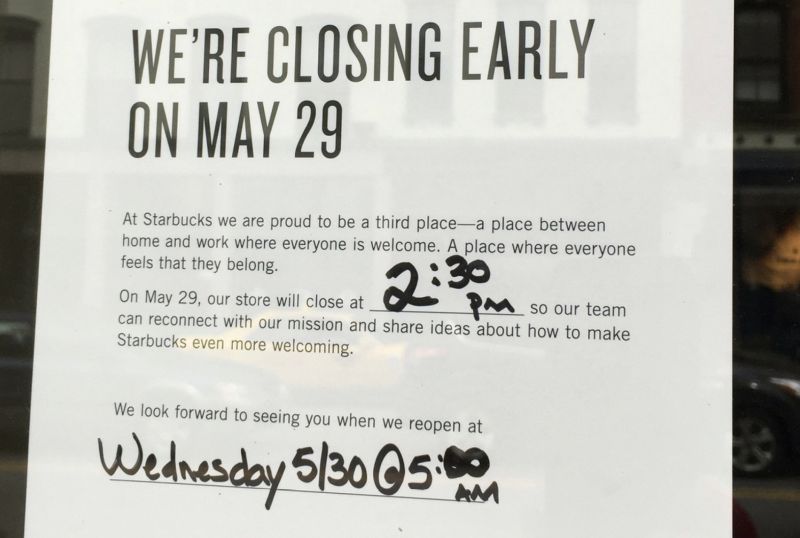
It is particularly promising to see businesses turn to external sources that hold them to independent standards and value their commitment to others. B Lab is a non-profit organisation that provides ‘B Corporation’ certification to for-profit businesses. Any certified ‘B Corp’, as they are known, is valued by their positive social and environmental impact, receiving a score across multiple dimensions that asses the business governance, the impact and treatment of workers, and the impact on the community and environment. B Corps, such as retail businesses Allbirds, Patagonia, Veja, Aesop, Warby Parker and Toms (to name but a few), voluntarily submit to a transparent impact assessment that can be viewed on the B Corporation website. These businesses accept the responsibility they have as global businesses and hold themselves accountable for their own performances and practices.
Virtuous brands don’t just inspire customers, but they inspire staff
The virtuous nature of the brand is embodied by store staff and their interaction with customers. This makes the brand characteristics infectious and authenticates its true nature and motives. Staff that believe in the brand they work for are happier, more enthusiastic and more productive. Staff who are authentic brand ambassadors are the key to providing a great experience for customers, while also providing a more effective workforce with lower turnover. Virtuous retailers can create a deeper level of job satisfaction that other retailers don’t provide. Giving someone purpose through their work that extends beyond the store and into the community is a powerful thing. It touches our deeper psychosocial needs of belonging.
Why does it matter? What are the results?
There are many ways to gain the trust of consumers. Some brands offer quality or consistency, yet virtuous brands offer an authentic desire to do good. This can be a precarious strategy to win trust, however the rewards for philanthropic brands are becoming obvious as more brands engage in socially conscious behaviours. Brands with a clear sense of purpose have increased their brand valuation by 175% over a 12 year period1. Nike has seen sales and market share grow after each socially conscious campaign. Their endorsement of Colin Kaepernick saw on online sales rise 31% in the 2 days following, while company shares rose 33% that year2. Starbucks have continued to grow globally as they prioritise local communities and social causes. The company opened over 30,000 new stores in 2019 and finished the year with an all-time high figure of net sales. The biggest benefit to being a virtuous brand is the deep level of connection with consumers. This turns periodic sales into loyal customers. A 5% increase in customer retention can lead to a 25-95% increase in profit3.
On the other side of the line, perceptions of faux philanthropy can be a tough hole to get out of. There is a huge difference between being virtuous and virtue signalling. Pepsi’s infamous Kendal Jenner ad should be a lesson for all brands. The brand tried to piggyback off the Black Lives Matter movement with disastrous effects. The Pepsi brand perception dropped to an eight year low among Millennials over the months following the campaign4. The key is to be authentic. Virtuous acts should come from a place that’s unrelated to profits. Chasing profits under the guise of activism will likely end badly. 71% of consumers will lose trust in a brand forever, if they perceive that the brand is prioritising profit over people. We see consumers opting for brands that they believe are both
competent and ethical. Trust is hugely important, it is the bedrock to unlocking
deeper, more meaningful connections between brands and consumers.5
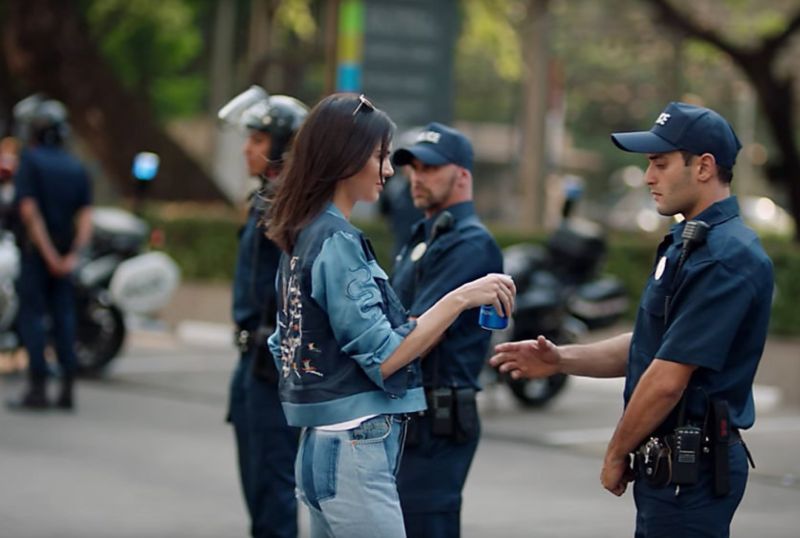
There are many faces to virtue and many types of virtuous acts. In reality it is very difficult to be a truly virtuous brand. No brand is perfectly selfless, just as no person is. Many brands that do great things (some mentioned in this article) also engage in acts of obvious self-interest. This is to be expected, after all, they are commercial enterprises first and foremost. Virtuous brands have to pick their battles and decide how they give back. Naturally some causes will have more social currency than others, but this shouldn’t determine how any brand decides what social cause they fight for. This would be acting with interest in profits. It needs to be authentic. It needs to come from an internal desire to use their given power as an organisation to do good.
Is your retail environment the best place to show your virtues?
Visiting physical retail stores is a commonplace activity for most of us in modern society, therein lies their power to enact change and have a real impact. It’s important that brands go beyond mere signalling, and connect virtuous behaviour to an action. The growing number of virtuous brands is certainly encouraging to see, but we can’t help but think there is a missed opportunity within retail design.
Virtuous brands are primarily communicating to customers via ad campaigns, but social causes are not being communicated inside retail stores effectively. This means that brands aren’t using their most effective and engaging communication tool; their most effective medium to translate an idea and make an impactful impression. The multi-sensory nature of store experiences creates the ability to evoke more emotion, but also create a lasting memory. Retailers have the capacity to involve customers and communicate through in-store experiences. With the famous proverb in mind "Tell me and I'll forget, show me and I'll remember, involve me and I'll understand" retailers need to use interaction and active participation in their stores, as they are the most powerful ways to understand something.
If brands use social causes to connect to customers and communities, and retail stores are the ultimate point of customer connection, it makes sense for social causes to feature heavily in physical retail, the domain of communal places for social experiences. This is the new challenge for virtuous brands and the next logical step for experiential retail in a socially conscious society.
1 Kantar Purpose Report, 2020
2 CBS News, 2018
3 Harvard Business Review, July-August, 2000
4 YouGov, 2018
5 Edelman, Brand Trust Report, 2021




